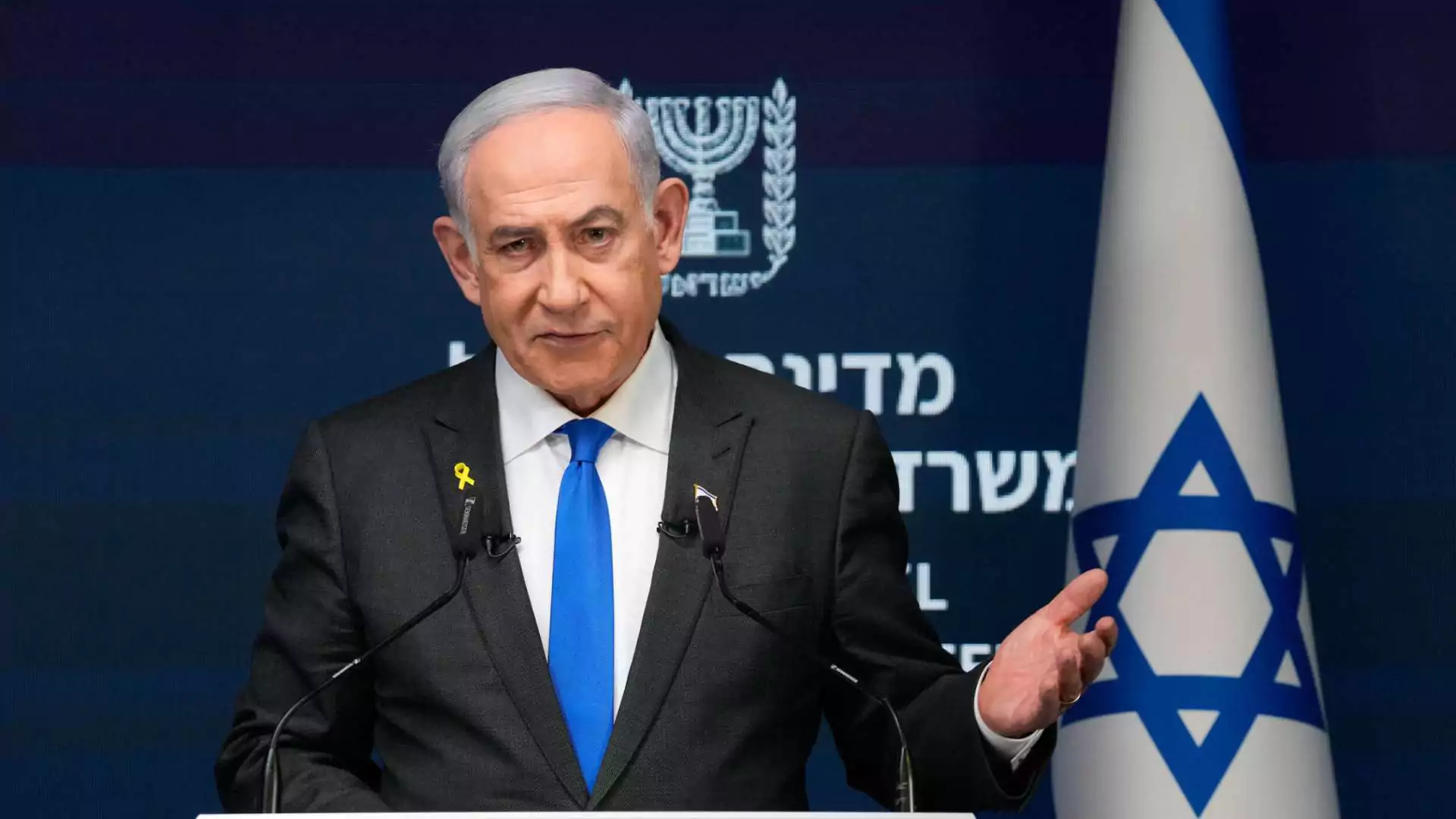Israeli Prime Minister Benjamin Netanyahu has confirmed that Israel carried out an airstrike in Beirut, resulting in the assassination of Hashem Safieddine, a high-ranking Hezbollah leader and potential successor to Hassan Nasrallah. The airstrike, which occurred last Thursday, represents a key move in Israel’s broader strategy to weaken Hezbollah’s leadership and reduce its influence in Lebanon.
Targeting Hezbollah’s Leadership
Netanyahu announced in a video address that the elimination of Safieddine was part of a calculated effort to degrade Hezbollah’s command structure. He emphasized that Safieddine had been groomed to take over from Nasrallah, the long-time leader of the militant organization. The Israeli Prime Minister further disclosed that another unnamed successor within Hezbollah had also been killed, though no specific details were provided on this individual.
“Israel has successfully degraded Hezbollah’s capabilities,” Netanyahu stated, highlighting the toll Israeli strikes have taken on the organization’s leadership. He pointed out that recent military actions have resulted in the deaths of hundreds of Hezbollah fighters, including two of Nasrallah’s designated successors.
Netanyahu’s Appeal to the Lebanese People
In his speech, Netanyahu called on the people of Lebanon to oppose Hezbollah, framing the militant group as the primary obstacle to peace and prosperity in the country. He argued that Hezbollah’s control over Lebanon has hindered the nation’s development and created instability that threatens the entire region.
“Lebanon is at a significant crossroads,” Netanyahu said, urging the Lebanese to “take back” their country from Hezbollah. He painted a grim picture of the current situation, where Hezbollah’s activities are putting Lebanese citizens at risk, particularly in areas where the group operates within densely populated civilian zones.
In a direct plea to the Lebanese public, Netanyahu invoked national unity, stating, “One Country — One Flag — One People,” borrowing a line from the U.S. Pledge of Allegiance in his appeal to Lebanese patriotism.
Call for Action Against Hezbollah
Netanyahu’s message was clear: the only path to peace and stability for Lebanon is through the rejection of Hezbollah. He characterized the group as a major threat not only to Israel but also to Lebanon’s own economic recovery and future. He framed the situation as a choice between continued conflict and the potential for a prosperous future.
He concluded by urging Lebanese citizens to rise up against Hezbollah, stating, “Free your country from Hezbollah” and refocus efforts on building a peaceful and thriving nation.
Strategic Implications for Israel
The assassination of Safieddine signals a continued hardline approach by Israel in dealing with Hezbollah. Analysts believe that targeting Hezbollah’s leadership could destabilize the group internally and weaken its influence in Lebanon. However, there are concerns that this strategy could lead to further escalation, especially given Hezbollah’s significant political and military power within Lebanon.
Netanyahu’s appeal to the Lebanese public reflects a broader shift in Israeli policy, where psychological and political tactics are being employed alongside military actions. This approach aims to erode Hezbollah’s grip on Lebanon by creating internal dissent and pushing civilians to question the militant group’s leadership.
Regional Reactions and Potential Escalation
Israel’s actions are likely to provoke strong reactions from Hezbollah’s key ally, Iran, and other regional players. While Hezbollah remains a dominant force in Lebanon, Netanyahu’s direct appeal to the Lebanese people is an attempt to undermine the group’s legitimacy.
Despite these efforts, any immediate changes in the power dynamics in Lebanon seem unlikely, given Hezbollah’s entrenched position within both the political and military spheres of the country.























